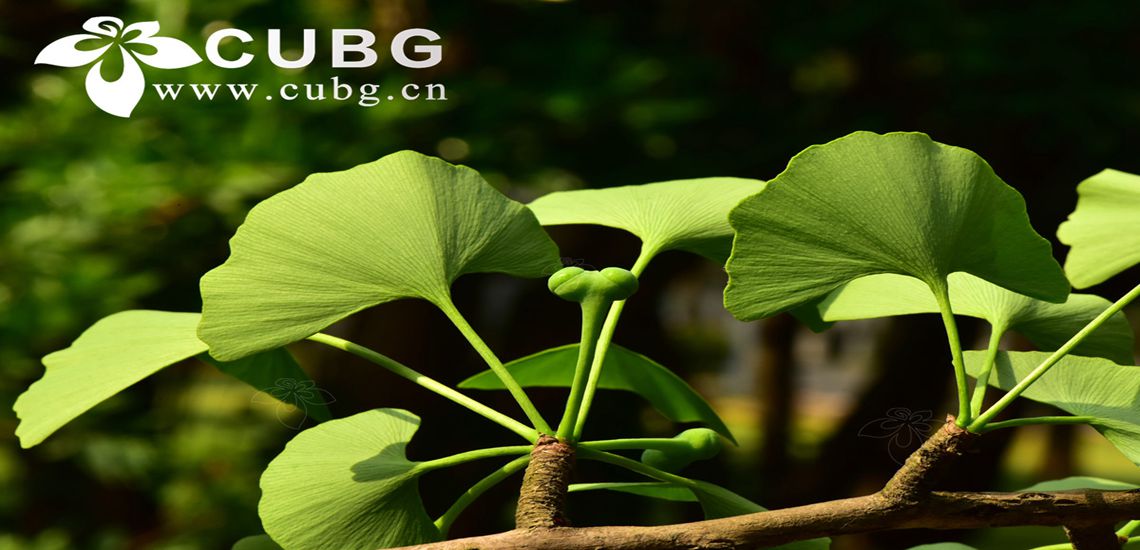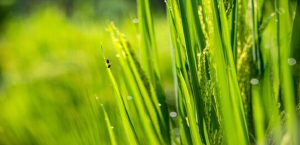Abstract:
Nature has developed an enormous biodiversity during several billion years of evolution. It is currently estimated that there are over 250 000 different plant species, 1.5 million species of fungi and similar numbers of algae and prokaryotes in existence. Biodiversity is a concept usually referring to the number of species in a given ecosystem or geographic area. For the purposes of this lecture, biodiversity is defined as concerning those biological species that are studied specifically for their value as producers of small molecule organic compounds, so-called secondary metabolites (natural products). It has been reported that natural products (NPs) have an excellent track record in the discovery of lead compounds to treat various human diseases. A characteristic feature of natural products is their chemical diversity, which is created by a sequence of enzymatic reactions in the producing organisms. The phytochemical investigations of plants and fungi provided a continuous supply of the natural products of interest but with limited number of their derivatives. Moreover synthetic chemists are applying rational approaches to the generation of lead-like libraries to achieve increased potency, broader biological activity and fewer side effects and thus, a number of clinically important NP-derived derivatives have reached the market. We have isolated a number of natural products (viz., triterpenes, polyketides, and phenazines etc) from fungi and plants which have interesting chemical diversity. Following the natural product inspired diversity-oriented synthesis strategy, various derivatives of these bioactive natural products have been prepared with the objective to obtain compounds with greater biological effects.
Speaker: Prof. Dr. Hidayat Hussain
Affiliation: Leibniz Institute of Plant Biochemistry
Time: 4:30 PM, Tuesday, May. 9, 2023
Venue: ZOOM 会议平台 会议 ID:312 430 8960 会议密码 PWD:666666
ZOOM
会议 ID:312 430 8960
会议密码 PWD:666666



